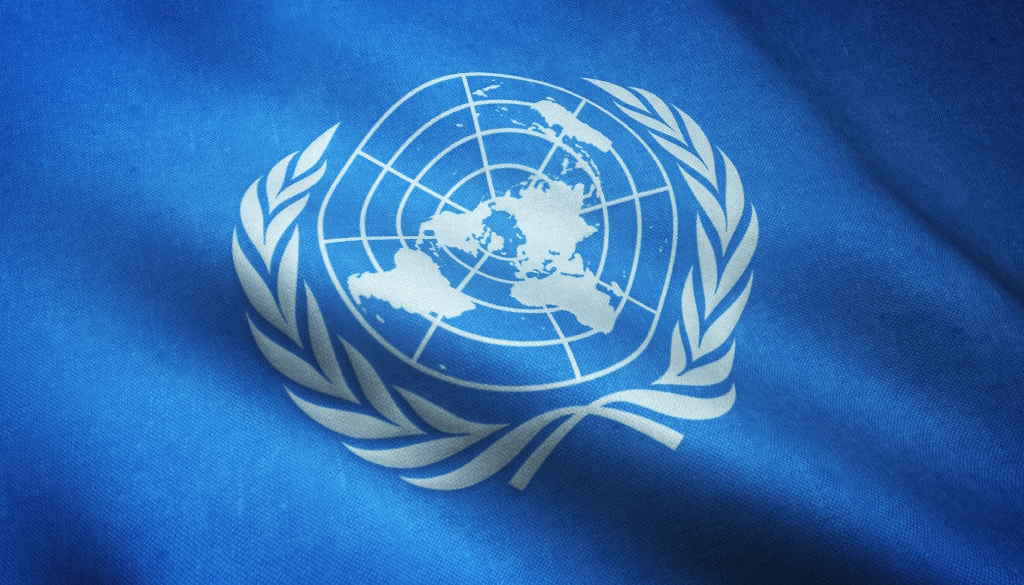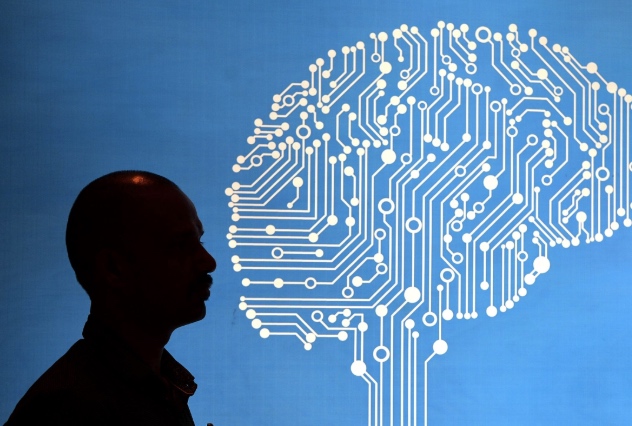Artificial intelligence (AI-AS) was the hottest topic at the World Economic Forum’s (WEF) annual summit in Davos this year, with politicians and business leaders discussing the risks and opportunities it presents.
According to the WEF’s Global Risks Report 2024, concerns about a persistent cost of living crisis, AI-driven misinformation and disinformation, and the intertwined risks of social polarization dominated this year’s risk outlook.
At Davos, participants were conflicted about the pace at which AI is advancing and questioned whether the technology is a force for good, given how much damage it can do to people’s livelihoods.
- Will AI take away our jobs?
Bureaucrats and politicians discussing the future of productive AI at forums in Davos were concerned about how the technology could change the future of employment.
In a message from Davos, Kristalina Georgieva, the head of the International Monetary Fund (IMF), warned that AI will affect almost 40 percent of jobs worldwide and worsen overall inequality.
Georgieva urged policymakers to tackle this disturbing trend and take important steps to prevent technology from exacerbating social tensions.
Sam Altman, co-founder and Chief Executive Officer (CEO) of OpenAI, one of the world’s leading artificial intelligence companies, said business is not at risk at the moment.
Speaking at a panel on artificial intelligence in Davos, Altman stated that artificial intelligence is a much better tool than he expected, “It will get better, but it is not replacing jobs yet. It is an incredible tool for productivity. It’s a tool that magnifies what people do, enables people to do their jobs better, and does some parts of the jobs.”
- Top executives worry about artificial intelligence
Developments in artificial intelligence and growing concerns about climate change have raised concerns among global business executives about their long-term sustainability plans, according to a survey by consulting and auditing firm PricewaterhouseCoopers (PwC).
The survey of more than 4,700 global executives found that 45 percent of them are concerned about the survival of their companies if the rise of artificial intelligence does not lead to significant changes in the next decade.
Nearly 60 percent of respondents said they expect productive AI to make their companies more efficient.
- UN warns of profit in artificial intelligence
In his speech in Davos, United Nations (UN) Secretary-General Antonio Guterres warned that big tech companies are recklessly pursuing profits from artificial intelligence and urgent action is needed to reduce risks in new technologies.
“Powerful technology companies are already pursuing profits with reckless disregard for human rights, personal privacy and social impact,” Guterres said.
Linking the risks posed by artificial intelligence to the risks posed by the climate crisis, Guterres emphasized that the international community does not have a strategy to deal with both.
Antonio Guterres also called on tech industry executives to work with governments on measures to address artificial intelligence.
- The next step in artificial intelligence
Intel Chief Executive Officer (CEO) Pat Gelsinger pointed out at Davos that the next phase in AI will be about bringing formal accuracy to the underlying models
Stating that some problems in artificial intelligence today are well solved, Gelsinger said, “But there are many unsolved problems. Basic prediction, perception, visual language, these are currently solved problems. There are a lot of other unsolved problems. How do you prove that a big language model is really correct? There are so many errors today. So you still need to know that I’m actually increasing the productivity of a knowledge worker, but at the end of the day, I need the knowledge worker to tell me whether it’s correct or not.”
Speaking at the “Artificial Intelligence: The Great Equalizer” panel at Davos, Google’s Finance Director Ruth Porat said that artificial intelligence can transform life, noting that healthcare and climate change are two areas that are already benefiting from this transformation.
Porat described Google’s work on climate change adaptation and crisis management such as fires and floods, saying, “With Google AI, we have provided the ability to give seven days advance warning. Artificial intelligence has the potential to be the great equalizer.”
Microsoft Chief Executive Satya Nadella said he was “optimistic” about the future of artificial intelligence.
Stating that countries should take an equal stance when it comes to technology standards, Nadella emphasized that a global regulatory approach is necessary in artificial intelligence.
“These are global challenges and require global norms and standards,” Nadella said, warning, “Otherwise, it will be very difficult to control, it will be difficult to implement.”
- The EU is also worried
European Union (EU) Commissioner for Health Stella Kyriakides, at a panel discussion in Davos, pointed to the need for safeguards on AI-based tools used in the health sector.
“I believe we can harness all the potential that AI offers us,” Kyriakides said, adding that the EU’s attempt to regulate this emerging technology through the Artificial Intelligence Act should be seen in the context of creating some safeguards.
“There is a lot of health data out there, we saw this with Covid-19. We need to be able to capture this data so that it can be used for innovation and research.”
- WEF alliance calls for equality in AI
The World Economic Forum’s Alliance for AI Governance (AIGA) has also called for a global effort to ensure equal access to advanced AI.
The Alliance, which brings together governments, businesses and experts to shape responsible AI development practices and governance and ensure equitable access to AI technology worldwide, has released three new reports on advanced AI, focusing on productive AI governance, unlocking its value, and a framework for responsible AI development and deployment.
The reports emphasized that while AI has the potential to address global challenges, the technology also risks widening existing digital divides or creating new ones.
- Big players in AI are from the US
In Davos, it was also noteworthy that major players in artificial intelligence such as Google, Microsoft, Meta, Intel and ChatGPT are from the US.
According to research, there are 35 major artificial intelligence companies in the US, while there are only 3 in Europe.
When it comes to investments, it is also noteworthy that the difference between Europe and the US is high. While Europe invested 1.7 billion dollars in artificial intelligence last year, the US invested 23 billion dollars.
- Uncontrollable possibilities in artificial intelligence are a cause for concern
Among the biggest concerns in AI are the quality of the data powering its various models and the technology’s ability to scale high-quality manipulative content, such as deep forgery, at a relatively low cost.
Experts participating in the forum said that some of the problems in AI today are well-solved, but there are also many unresolved issues.
Explaining that artificial intelligence produces music, provides early diagnosis of breast cancer, predicts extreme weather conditions, optimizes supply chains and analyzes business reports, experts stated that uncontrollable possibilities are a source of concern for many politicians.
Especially in the year of the super election in 2024, possible fake news production with artificial intelligence was pointed out. It was warned that thanks to artificial intelligence, fake materials can reach a large number of voters in a short time.
There were also participants at Davos who classified AI as a threat to human dignity.
While it is certain that artificial intelligence has the potential to change the world, it was noted that global rules guaranteeing the responsible use of artificial intelligence technology have still not been established due to differences of opinion among countries.
Global ideas on transparency and privacy in AI are very different, with China turning to facial recognition technology to track its citizens but the EU trying to restrict it.
Artificial intelligence can do more than just write text and gather information, experts said, citing Google’s development of an AI to identify gene mutations and Meta’s ability to identify 95 percent of hate posts on Facebook and Instagram in all languages.
While it was pointed out that by 2028, 80 percent of all computers could be equipped with chips that enable the use of artificial intelligence, it was emphasized that, contrary to what some claim, there is no system that will reach human intelligence yet.
In the sessions, it was conveyed that artificial intelligence cannot yet remember, think or plan, and understand the world, and that scientific breakthroughs are required, which are not yet known, and that more data and computers cannot change this.
It was discussed in Davos that artificial intelligence is still far from having the intelligence of a human being and that this should be taken into account when regulating this technology. (AA)



 UN
UN 



